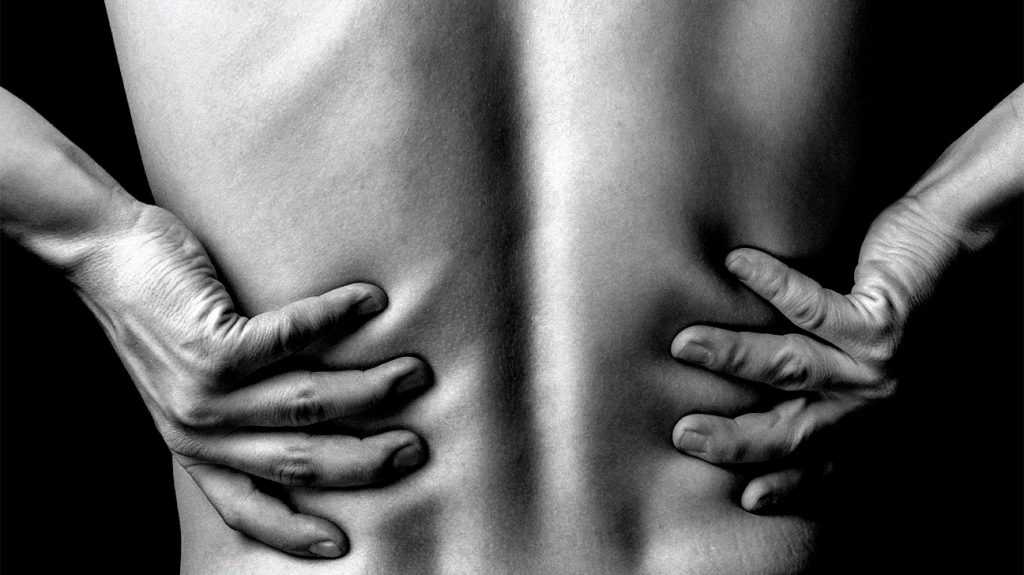Depressive symptoms linked to rapid kidney function decline
04 June, 2021

Kidney specialists have long observed that individuals with CKD commonly experienceTrusted Source depression.
Until now, though, researchers had not explored whether depression could increase the risk of renal dysfunction in otherwise healthy individuals.
In a recent study of adults with healthy kidneys, the researchers found that those with major depression were more prone to develop a faster-than-normal deterioration in kidney function. The results appear in the Clinical Journal of the American Society of Nephrology (CJASN).
The lead author, Dr. Xianhui Qin of Southern Medical University in China, explains: “CKD is a leading risk factor for cardiovascular disease, kidney failure, and mortality worldwide. Therefore, the identification of more modifiable risk factors may reduce the huge burden of CKD and its related complications by leading to early detection and prevention.”
Collecting data
Dr. Qin and the study’s co-authors analyzed data on adults participating in the China Health and Retirement Longitudinal Study (CHARLS), a national study of China’s middle-aged and elderly population.
The team gathered complete measurements from 4,763 individuals aged 45 years and older with healthy kidneys. The mean age was 59, and males made up 45% of the study population.
The researchers analyzed data from 2011, 2013, and 2015 and conducted one-to-one interviews and follow-ups.
During each 2-yearly follow-up, doctors performed physical measurements, and they collected blood samples every two follow-up cycles.
The researchers measured kidney function using the estimated glomerular filtration rate (eGFR). They assessed depressive symptoms with a 10-item Center for Epidemiologic Studies Depression (CES-D) scale.
During an average follow-up of 4 years, 260 or 6% of the participants experienced accelerated kidney dysfunction.
After adjusting for demographic, psychosocial, or clinical factors, the team found a “significant positive association between baseline depressive symptoms and rapid decline in kidney function” in the general population.
Specifically, they found that individuals with “high depressive symptoms” had a 39% greater risk of “rapid decline in kidney function.”
Possible triggers
Depression is a common mental health disorder, which is prevalent in people with CKD. It may activate several “potential mechanisms” that could contribute to the rapid deterioration of kidney function.
Inflammation
According to a paper in World Psychiatry, the first possible culprit — increased inflammation — occurs in 25–50%Trusted SourceTrusted Source of people with depression.
According to the new study’s authors, results from previous research have shown that people with major depression have higher levels of circulating inflammatory proteins called cytokines. These cytokines may trigger autoimmune processes that lead to dysfunction of the endothelium, which is the layer of cells that line blood vessels. It might also trigger kidney fibrosis, which leads to kidney disease.
Health behaviors
The study authors also suggest that health-related behaviors, such as poor nutrition, reduced social interaction, physical inactivity, and not seeking medical care, may also impair kidney function.
Education status
The scientists found that participants with the highest depressive symptoms consistently had not had access to many educational opportunities and, consequently, may have less emotional resilience or awareness of how to take good care of themselves.
Source: www.medicalnewstoday.com
